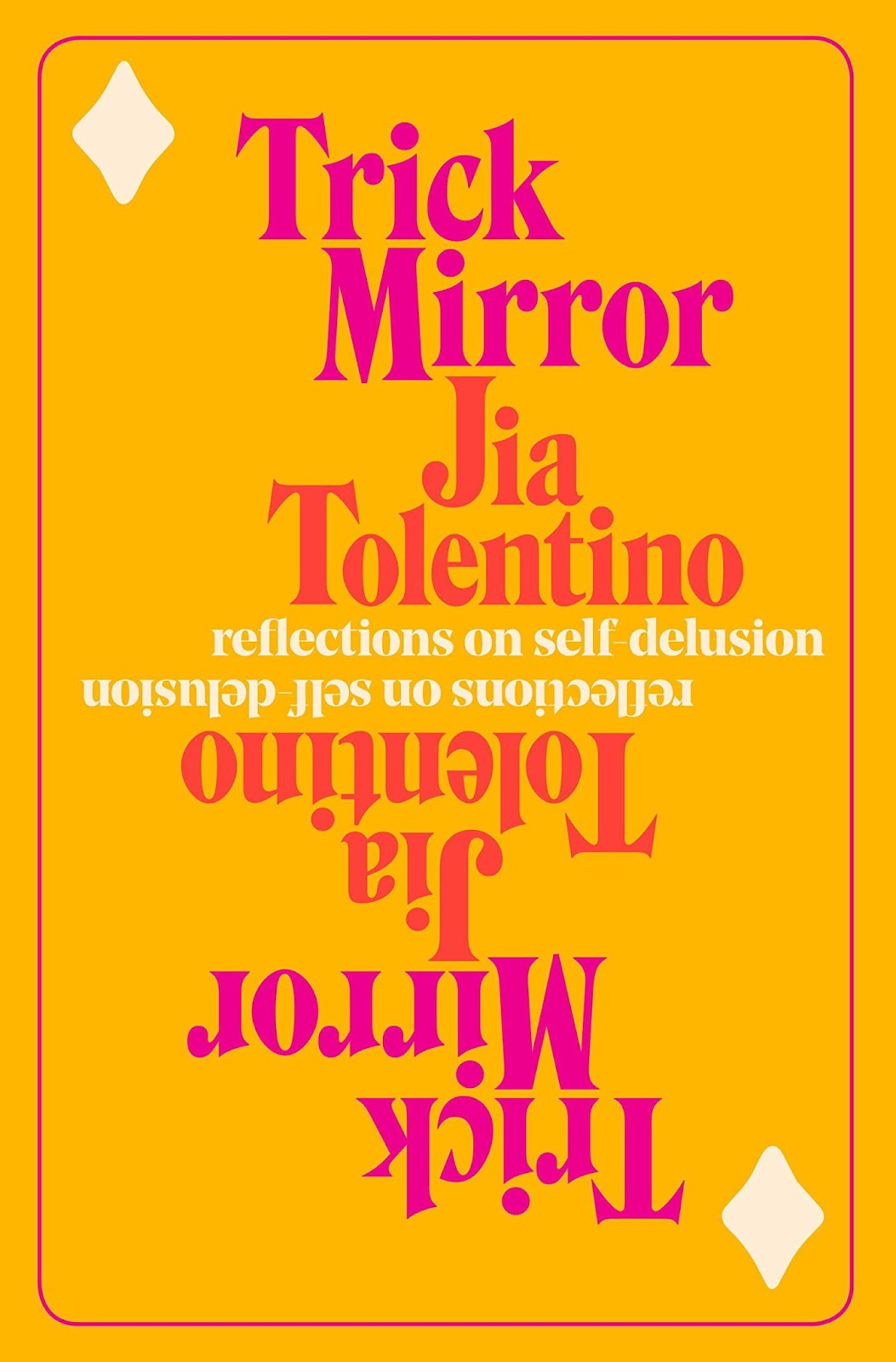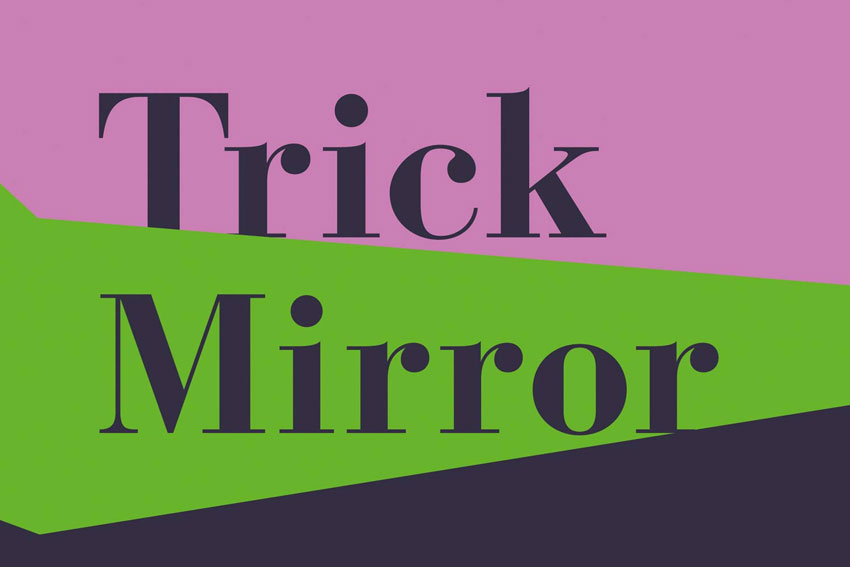
“They’re kind of baggy and I wanted them to be baggy, and the New Yorker does not allow that, for good reason, because you don’t actually want baggy essays.” By way of explaining her process, she offered the image of her head covered in flypaper, collecting discrete ideas that have everything to do with one another.īagginess and “flypaper head” might be inevitable conditions for a person raised alongside the internet, who then made a career out of collecting its curiosities. “There’s a bagginess to these essays,” she said.

The most obvious difference between Trick Mirror and her online writing is form, as she pointed out to me in a recent phone interview. On Twitter and at her day job as a staff writer at the New Yorker, Tolentino has built this reputation by taking on an inexhaustible range of subjects, many of which share ideas with those in Trick Mirror’s nine essays-social media’s ability to refract reality in ways that aren’t always helpful, the limits of #MeToo, the conditions that gave us our beloved scam moment.

Tolentino “hasn’t spent an August in the city in quite a few years.” Turns out she might be the most intelligent person alive.

Kirkus Reviews has called her “a key voice of her generation.” Rebecca Solnit has called her “the best young essayist at work in the U.S.” The Guardian has called her “incisive, with a gift for unexpected intuitive turns and juxtapositions.” But should there be any lingering doubt, this might clinch the notion for you: When Vanity Fair suggested that, ahead of the release of her first book, Trick Mirror: Reflections on Self-Delusion (out August 6), she do a guide to surviving New York City, where she currently lives, during the month of August, objectively the worst month in the city, her book publicist informed me that she couldn’t do that even if she wanted to. You might have heard lately that Jia Tolentino is one of the most intelligent writers of this moment.


 0 kommentar(er)
0 kommentar(er)
